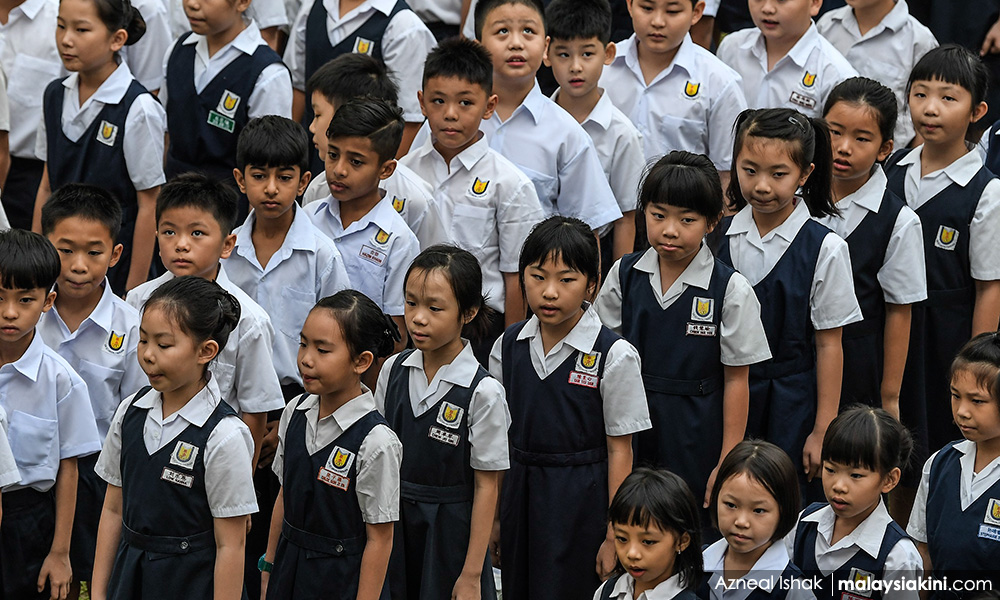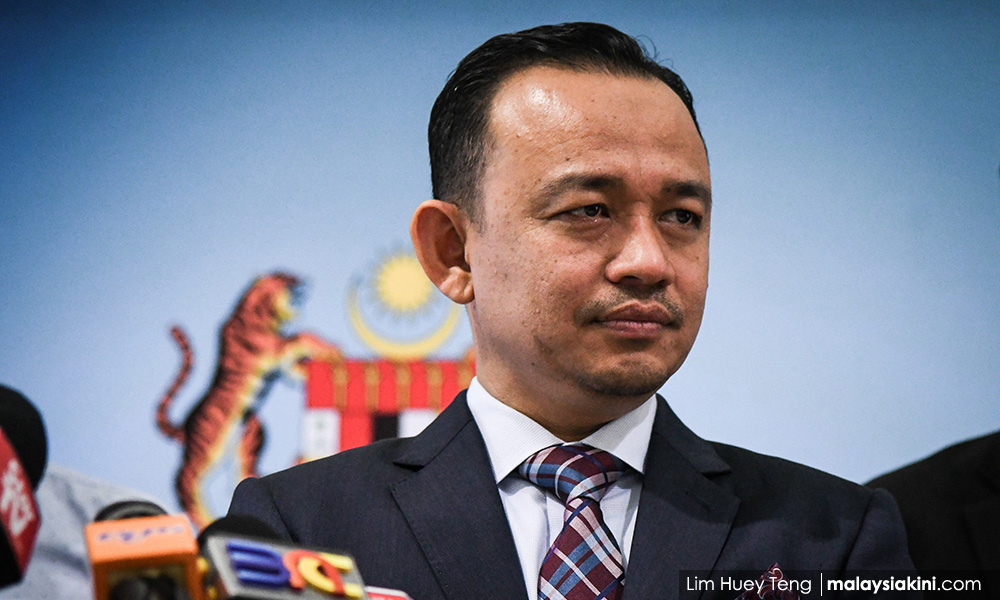ADUN SPEAKS | The 1950s and early 1960s were two critical periods in the development of this country's education system.
Our country made the transition from a colonised nation to an independent state, with policies that led to the preservation of the existing education system today. A number of studies and reports, from the Barnes Report to the Fenn-Wu Report, followed by the Education Ordinance 1952 and Razak Report all led to the Education Ordinance 1957.
Based on its historical background, Malaysia is an ethnically diverse country that experienced the doctrine of 'divide and rule' by the colonialists. Ethnic and community elements are a reality that need to be taken into account, and it has affected the country's education system under which vernacular education has been preserved.
Our country has been built on solidarity and interfaith attitudes for so long. Hence, accusations that the vernacular education system in the country does not contribute to racial unity are unfair and superficial.
There is no supporting evidence that people who speak the same language will not be cruel and harmful to each other. A group that speaks one language does not necessarily mean it speaks with one voice.
There are several studies published by the United Nations Education, Scientific and Cultural Organisation (Unesco) on the use of native languages as the medium of instruction at the primary level of education.

A report on the use of vernacular languages in schools published by Unesco stresses "it is clear and evident that the best introduction to teaching children is the language of his mother" (Cummins 1979: 223) and "every effort must be made to provide education in the mother tongue "(Eastman 1983: 83).
This year alone, 16 percent of bumiputera parents are sending their children to vernacular schools for primary education. Any attempt to deny their educational rights and those of the remaining 84 percent should be stopped.
Recently, PAS Deputy President Tuan Ibrahim Tuan Man himself issued a statement dismissing the view that vernacular schools have undermined racial unity in Malaysia.
This proves that the statement of the representative at the PAS Dewan Muslimat (Women's wing) should be criticised for being an attempt at populist politics.
Read more: 'End vernacular schools, don't let Mandarin become second language'
Our real priority is to improve the country's education system which is being worked on by Education Minister Maszlee Malik (below). We do not have to waste time and pay attention to empty vessels.

It is clear that the argument was brought by PAS delegates, with the intention of inciting hatred among the people and sparking political hostilities.
It does not bring any benefits to the core goal of improving the quality of our children's education.
If the water upstream is muddy, do not expect the water to be clear downstream.
If one's motives are murky, it is impossible that the result is clean. Hopefully the police can investigate this very unjust call, which is even against the stand of the party's own leadership.
This leads to a question that the PAS leadership should explain.
What are the follow-up actions of PAS's leadership in reducing or reversing the impact of the inflammatory views expressed at the Dewan Muslimat, views that are seditious and invite enmity?
HOWARD LEE is the state assemblyperson for Pasir Pinji.
The views expressed here are those of the author/contributor and do not necessarily represent the views of Malaysiakini.

